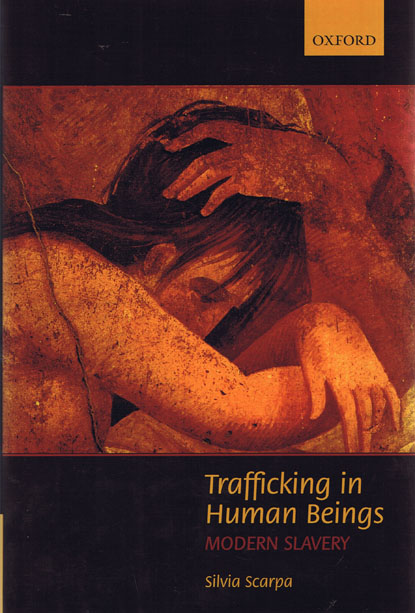
Part II reviews the most important international conventions against slavery and the slave trade, and the Protocol to Prevent, Suppress and Punish Trafficking in Persons, Especially Women and Children. It also analyses the most important policy documents setting the basic standards of protection for trafficked victims - namely the United Nations High Commissioner for Human Rights' Recommended Principles and Guidelines on Human Rights and Human Trafficking - and comments on the extension of the jus cogens principle of international law that prohibits slavery, to argue that trafficking in persons ought rightly to be considered a part of it.
Part III deals with the Council of Europe and the European Union, and their fight against trafficking in people, arguing that the focus has been placed mistakenly on the prosecution of traffickers rather than on the protection of trafficked victims.
The book concludes with a recommendation to shift towards a more balanced approach to the phenomenon, and the overriding need to conduct further research on specific issues related to the spread of trafficking and the exploitation of its victims.